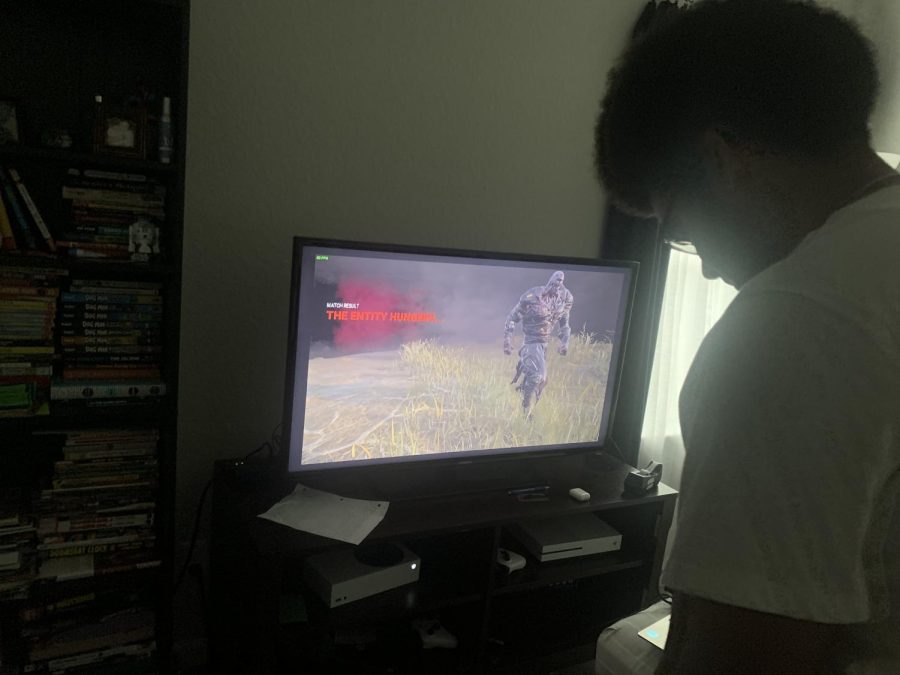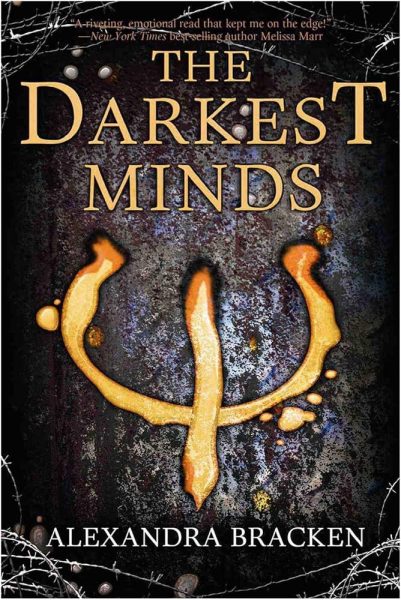Opinion: Video Games cause violence, just not the type you think…
December 15, 2022
Video games and their connection to violence has been a topic at the forefront of the media ever since Midway, the video game developers from the 60s, released the infamously gory Mortal Kombat. Nowadays, many reports and studies state that there is little connection between real-world violence and video games; however, those reports are only partially true. The various people researching the connection between video games and violence were strictly trying to find the link between Street Fighter’s “Satsui No Hado,” fighting style and an actual “surge of murderous intent.”
While it is true that there is little correlation between in-game and real-world violence, they overlooked an important form of violence all games cause the moment gamers press “start,” or “ready:” toxicity.
Many people will argue that toxicity and violence are not the same thing, but most toxicity within the gaming community consists of verbal and emotional abuse, two things we all consider to be a form of violence. A study made in 2019 by the Anti-Defamation League stated that 74% of gamers are bound to experience some sort of toxicity while playing video games online, and these comments were most definitely not inspired by the in-game content. While video games don’t inspire horrendous things like murder, the games and the player bases do indeed cause violence or toxicity.
We all hate losing, that feeling of shame, that thought in the back of your mind. If they weren’t constantly using that one move, or had they not been using those extremely powerful weapons, you would’ve won. That feeling of shame turns into anger. If you’ve played any multiplayer mode, you’ve probably felt this feeling. The urge to take out your frustration on the other person, and the satisfaction that comes from actually doing it, is too tempting of a feeling to pass up. A study in 2002 by Robert Zubek and Aaron Khoo, states the competitive nature of games causes people to get violent. This violence manifests itself verbally more times than not.
Competitiveness is everywhere and it comes from that need to win mentioned earlier, this need for us to prove ourselves as the better person to a stranger. In sports, this makes sense considering those athletes have been training hard for years to compete at the highest level, so they’re bound to lash out when all of that real training has gone to waste. That same logic rings true for video games. The saying “Touch grass,” was essentially created out of the fact that there are people who are so good at this game, it’s almost as if they’ve invested so many hours playing the game inside rather than going outside and… well, touching grass. So when these people who need to touch grass have their skills and time put into the game invalidated, they’re bound to lash out against the person they lost to. Some of the most viral videos on the internet are of people in Call of Duty lobbies saying some of the most vulgar things known to man because someone’s aim was too good.
Then, there’s the toxicity caused by the game itself. Sometimes the developers left a powerful glitch in, the game has a very powerful weapon that can’t be beaten, or the game crashes before the player has a chance to save. Every gamer has experienced a faulty game mechanic in one way or another and has done something toxic over it. Look up the history of any fighting game and you’ll see how their fan bases have been toxic over the fact that one character specifically “broke” (meaning ruined in layman’s terms) the game. HCCPHS’ own Esports Rocket League team admit, they don’t get angry at other players, but they do get toxic over the game itself acting buggy. Fallout fans love Fallout 4’s survival mode; however, the one thing the people will yell on and on about the mode is the ability to save is limited in a game that likes to crash a lot. Not every gamer feels rage toward another player, but we do feel some sort of toxicity toward the game itself.
Video games do indeed cause a form of violence and toxicity. Whether it be from the players in the game being horrible to each other or the game being horrible to the players. There’s an easy way to fix this though, to free ourselves from the anger that dwells within all of our souls. All we need to do is just close our eyes, breath, and realize that we all will eventually log off, or get onto another game, and move on from the experience we just had.
















